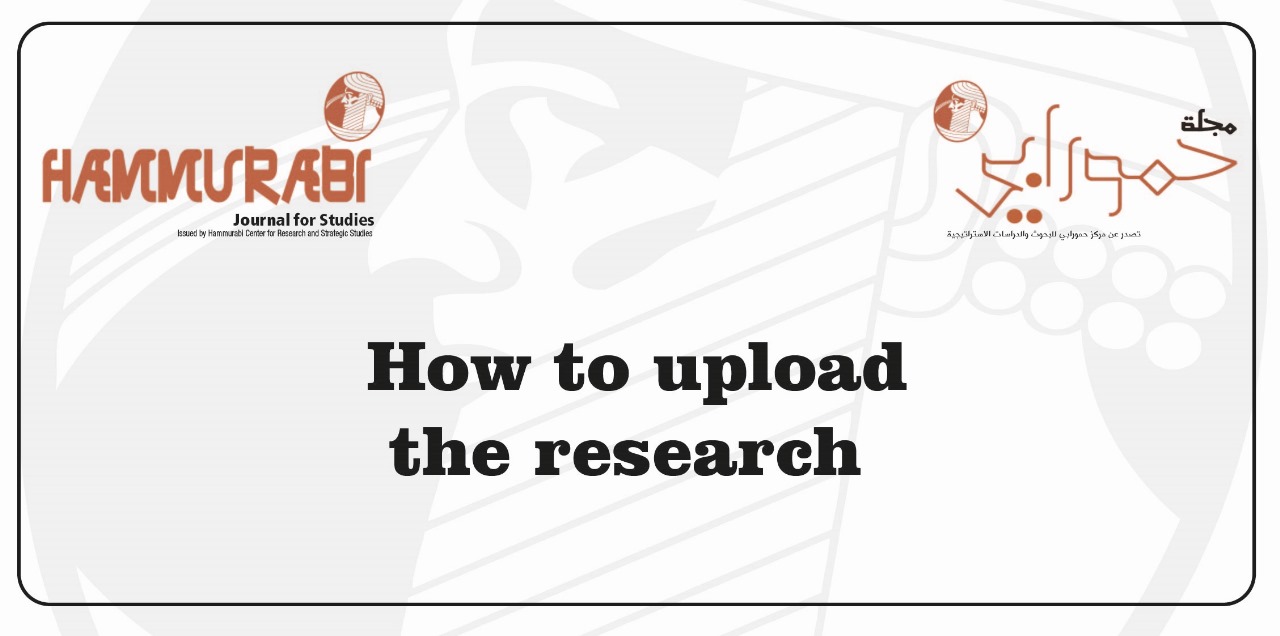Autonomy as a compromise mechanism for conflict management in diverse countries
Abstract
Autonomy is one of the regimes that has enjoyed a long history in human thinking, which has given it some ambiguity and complexity at times, and some simplification for the sake of application as an attempt to get out of the crises of governance that came packed with the legacy of the past and the present through its long historical stages at other times. As a concept, it is not easy to control theoretically, as it raises a lot of controversy, which makes it difficult to agree on a specific concept of it, as it includes a great deal of flexibility; at the same time, what distinguishes autonomy is its inconsistency, as it may apply to one or more regions and may not apply to others, not only that, it varies from one country to another and from one regime to another; with the aspirations of its minorities and its various societal sub-nationalities on the other hand, and in seeking to find a solution or settlement to manage their diversity, it resorts to adopting a compromise formula, according to which neither of them gets everything they want, but rather an important part of what they want. The state obtains from the minority the guarantee of its continued unity, and the minority obtains from the state respect for diversity among its citizens and frames it legally. Autonomy is one of the compromise options that various countries resort to.











